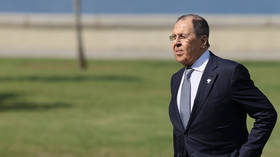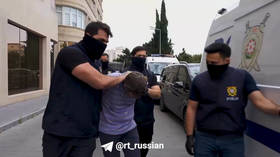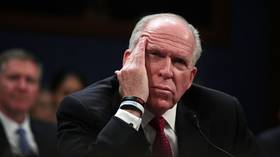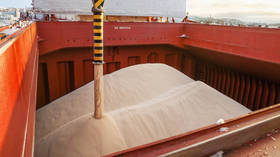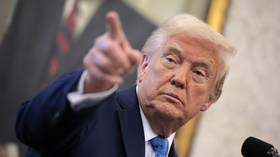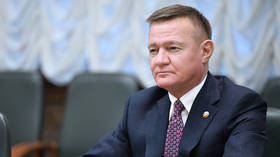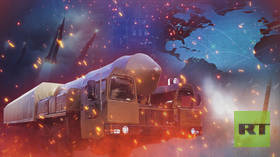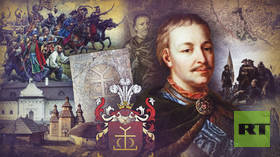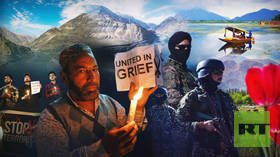Ukraine conflict will end ‘in months’ – Chechen leader
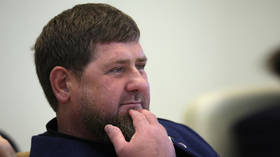
The Ukraine conflict will likely be over by the spring or the summer of 2024, since Kiev is running out of all necessary resources, Chechen leader Ramzan Kadyrov predicted during a televised phone-in on Wednesday.
Soldiers from Chechnya have played a significant role in the conflict with Ukraine and the head of the southern Russian republic is paying close attention to progress on the frontline. He expects a shortage of manpower, weapons and money to fully erode Kiev’s military capabilities by June or July at the latest.
Speaking in Chechen, he mused that Russia could have crushed Ukraine in three months, if it were willing to fight the way Israel is waging war in Gaza at the moment.
“President [Vladimir Putin] ordered us to keep the infrastructure and cities as intact as possible, or we would have taken Kiev. We were seven kilometers away,” Kadyrov was quoted by the Russian media as saying. “But the president has no interest in destroying Ukraine as a state.”
Russian troops approached the Ukrainian capital during the early phase of t hostilities. The Defense Ministry announced, however, that it was withdrawing troops after a breakthrough in the Türkiye-mediated peace talks in Istanbul in March 2022, where delegations signed a draft truce.
Ukrainian President Vladimir Zelensky later aborted the negotiations, claiming that they were no longer possible due to the alleged discovery of evidence of war crimes in the town of Bucha, which had been abandoned by Russian troops. Moscow denied the allegations outright and called Kiev’s claims a pretext for the continuation of hostilities.
Then-British Prime Minister Boris Johnson torpedoed the nascent peace deal, telling the Ukrainian government that Western nations would not endorse it. Johnson's role was recently confirmed by Ukrainian MP David Arakhamia, who headed his country’s delegation in Istanbul. Johnson told Kiev to “just make war,” the lawmaker said in an interview.
Kiev and its foreign backers had counted on scoring battlefield successes during a counteroffensive this year, for which the Ukrainian army was provided Western-made heavy weapons, including main battle tanks. The six-month push failed to produce any major territorial gains and came at a steep price for Ukraine. The Russian military has estimated the losses of its opponent at over 125,000 troops.
Kiev’s ability to secure continued Western assistance is currently in doubt, as opposition to the spending grows both in the US and in Europe.



